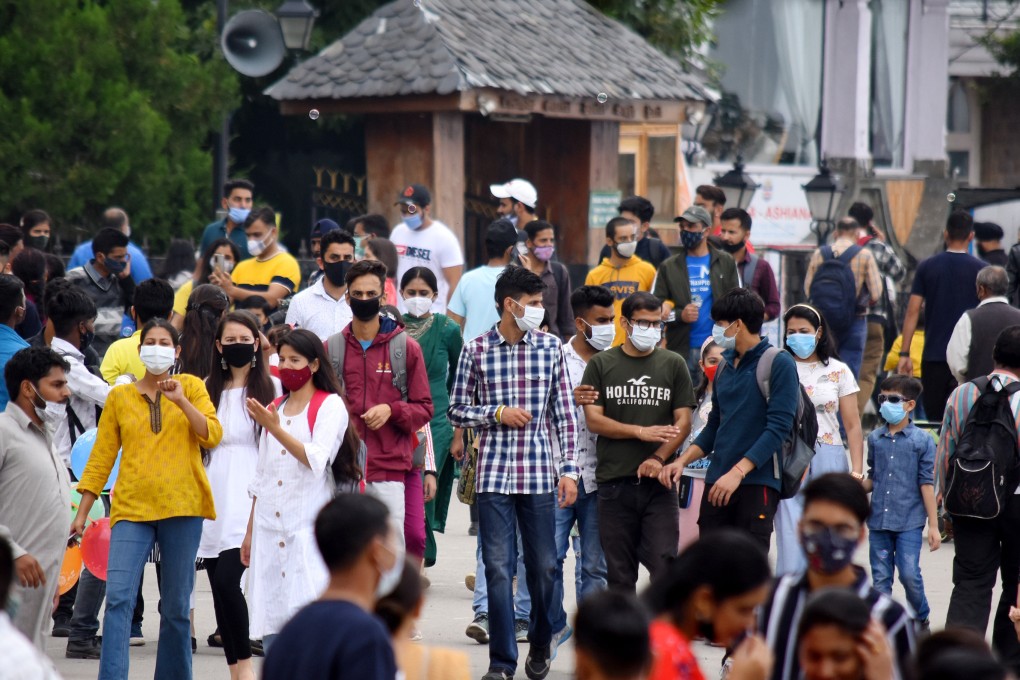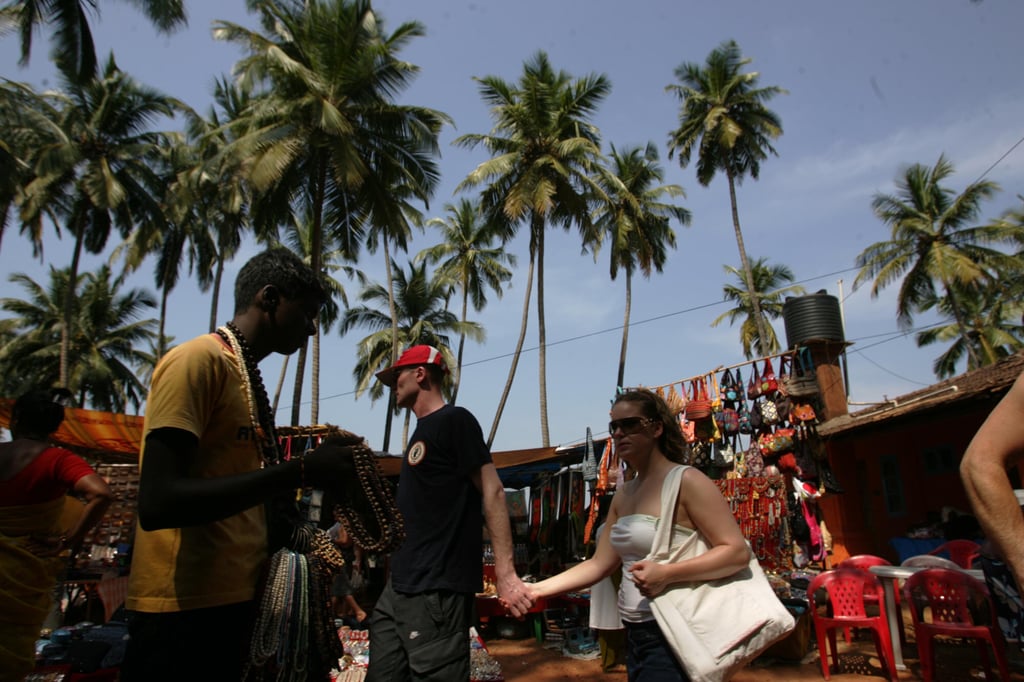Taj Mahal, Rajasthan desert palaces and more reopen to tourists from overseas in October as India looks to revive tourist industry
- Tourists from overseas will be able to visit India from October 15 – for the first time since March 2020 when the country went into a strict lockdown
- The move follows a tentative reopening in recent months to travellers on business, diplomatic and student visas. Visitors must follow Covid-19 protocols

India will reopen for tourists from October 15 after being closed for more than a year due to the coronavirus pandemic, the government said.
The country famous for the Taj Mahal, the desert palaces of Rajasthan, tiger reserves, elephants and beaches had barred all foreign tourists in March 2020 in a strict lockdown when the pandemic took off. But after a horrendous spike in Covid-19 cases earlier this year, the number of cases has since fallen sharply and the government, under pressure from an industry that is an important pillar of the economy, has announced a loosening.
Tourist visas will be granted for foreigners arriving on charter flights from October 15, and on other flights from November 15, the home ministry said. It stressed that all Covid-19 protocols “should be adhered to by the foreign tourists, carriers bringing them into India and all other stakeholders at landing stations”.
India initially banned all foreigner arrivals. The restrictions were gradually eased for businesspeople, diplomats, students and others but borders remained shut for holidaymakers.

In April and May this year, the country of 1.3 billion people was hit by a severe wave of coronavirus infections, with about 400,000 cases and 4,000 deaths every day. Hospitals were overwhelmed as more than 200,000 people died in a period of around 10 weeks, according to official numbers that are widely seen as an underestimate.